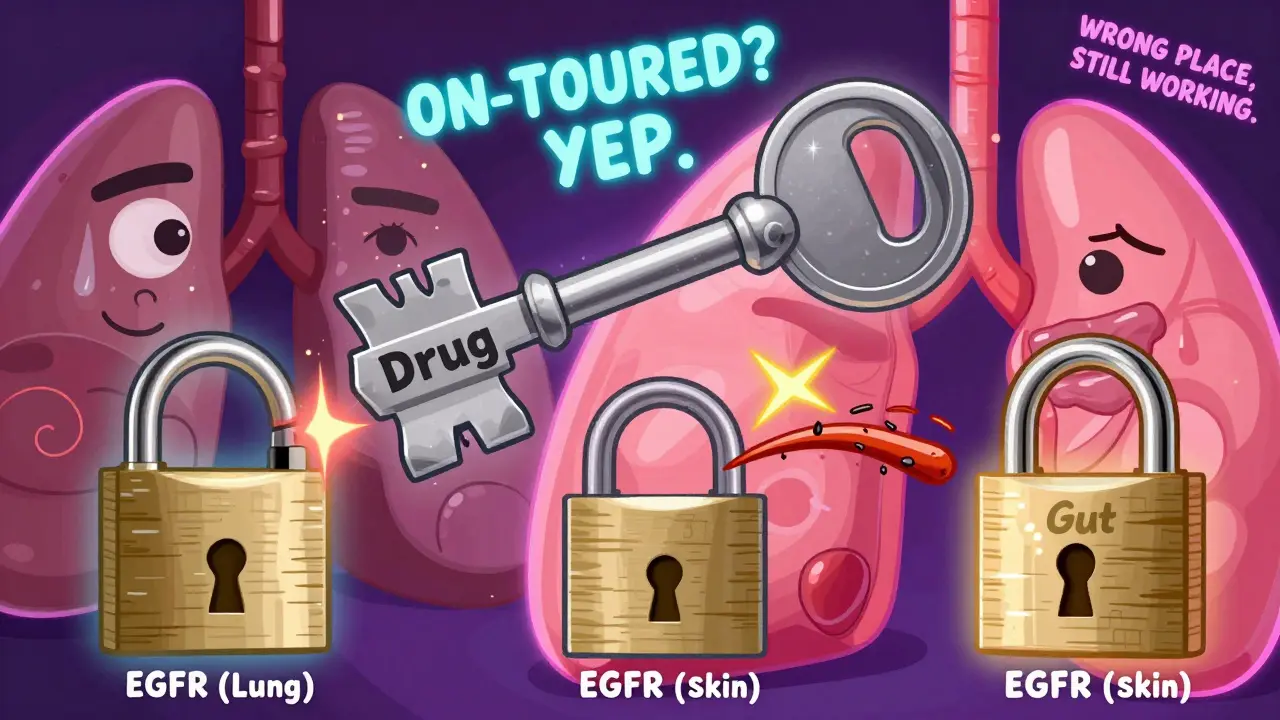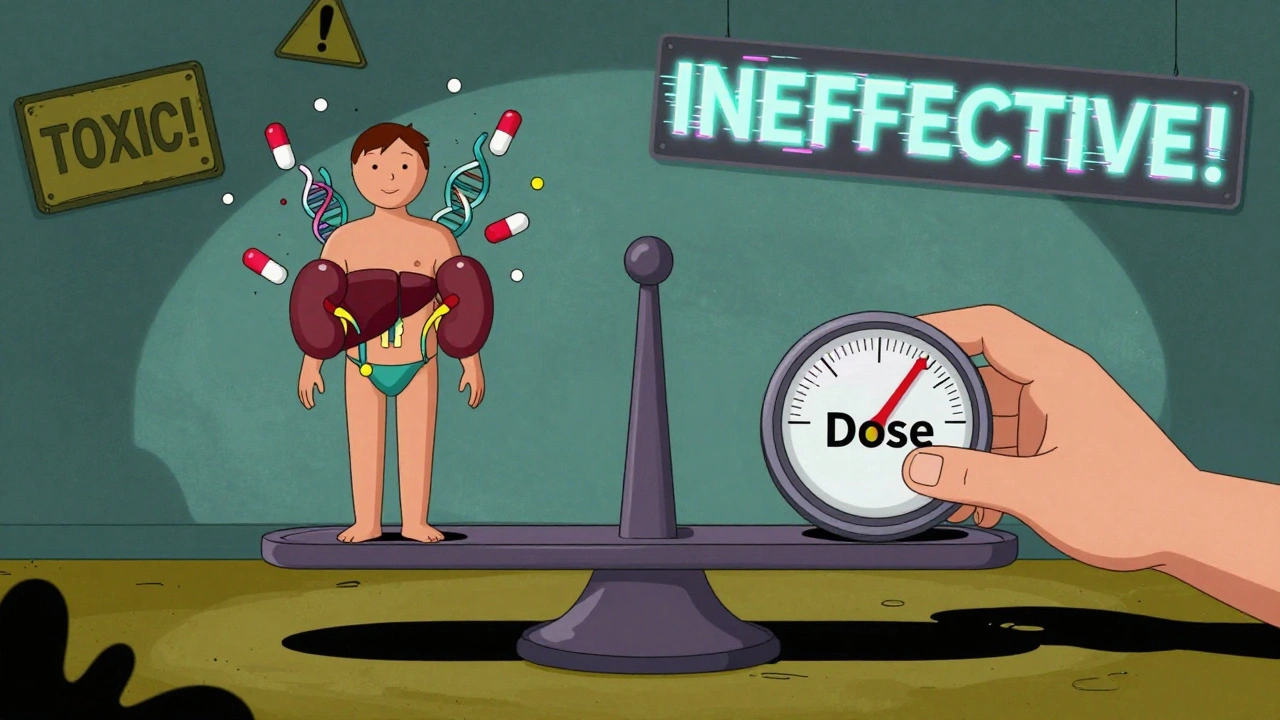Drug side effects: how to spot them and what to do
Side effects are why people change or stop medicines. Some are mild and expected, others are warning signs you can’t ignore. This page gives practical, no-nonsense steps to spot problems, reduce harm, and talk to your clinician without stress.
First, know the difference: "common" side effects are predictable—nausea, sleep changes, mild dizziness. "Serious" ones are less common but need fast action—trouble breathing, chest pain, sudden swelling, fainting, or a spreading rash. If you get a serious symptom, stop the medicine only if a health professional tells you to or if you have life‑threatening signs, then call emergency services.
How side effects usually show up
Timing matters. Some effects happen right after a dose—nausea or drowsiness. Others build over days or weeks, like mood shifts or weight gain. Read the patient leaflet and note the typical window for new symptoms. If you start a new drug and notice anything odd within a few days to a few weeks, write it down: what happened, when, and how bad it was.
Drugs differ. For example, some asthma medicines can cause mood changes, certain antidepressants may affect sleep or appetite, and some antibiotics may upset the stomach or interact with other drugs. If you’re taking more than one prescription, supplements, or herbal remedies, interactions can create unexpected effects.
Simple steps to manage and avoid problems
Keep a running meds list on your phone with doses and why you take each drug. Share that list at every appointment and when you pick up prescriptions. Use a pill box or app to avoid missed or doubled doses.
If a side effect is mild—mild nausea, slight headache, or tiredness—try simple fixes first: take the pill with food (if the leaflet allows), drink more water, or take it at a different time of day. Don’t change doses on your own. If the issue continues after a few days, call your prescriber or pharmacist and describe exactly what you're feeling.
For moderate problems—persistent vomiting, severe dizziness, fast heartbeat—contact your clinician the same day. They may change your dose, switch drugs, or suggest a support medicine to ease the symptom. For severe allergic reactions or breathing trouble, seek emergency care immediately.
Report problems. Telling your doctor or pharmacist helps them adjust your care. You can also report side effects to national health agencies—this helps protect others and improves safety data for the drug.
Want more detail? Our site has focused pieces on specific drugs and issues—like montelukast (Singulair) side effects, naltrexone’s effects, or how diet may affect antipsychotics. Read those posts for drug‑specific warnings and practical tips tailored to each medicine.
Final note: you don’t need to tolerate bad side effects. Good management usually means a small change, not stopping treatment on your own. Talk, record, and act fast when things feel off—your health depends on it.

